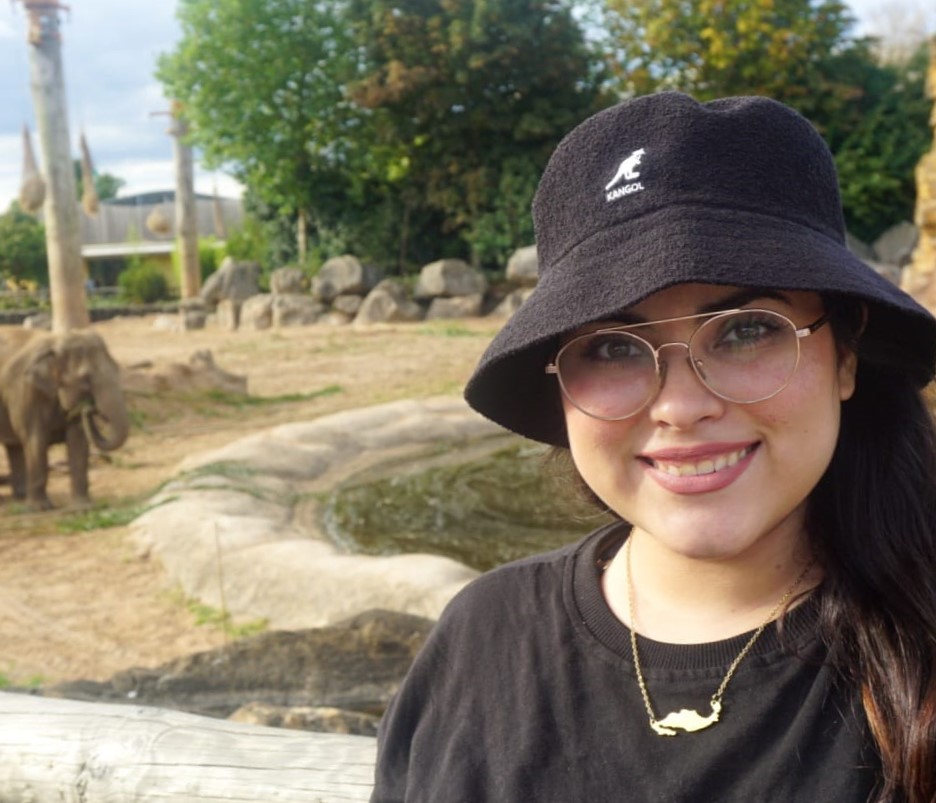Research Student Spotlight October - Alejandra Zazueta Lopez

Our monthly spotlight on the work and lives of the next generation of water@leeds researchers.
October 2021: Alejandra Zazueta-Lopez
PhD title: Impacts of Coastal Eutrophication on Benthic Ecosystem Functions
School of Geography
Supervisors: Prof. Clare Woulds and Dr. Christian Maerz
Tell us a bit about yourself:
I grew up in Culiacan, Sinaloa in the north of Mexico, since I was a child I was amazed by the natural world I saw on documentaries and since then I have been interested in solving the growing environmental issues. I did my bachelor's degree in Environmental Engineering with a specialisation in water quality. After university I did my internship in a beef producer company working specifically with waste water treatment processes.
Why did you choose University of Leeds?
In 2018 there was a pre-sessional course by the staff from the Language Centre from the University of Leeds and Durham University that travelled to Mexico. I was lucky enough to be part of the programme and that was the first time I heard about the University of Leeds. I was excited about the level of research that the University has and also by the interdisciplinary centres such as water@leeds. I also value the great variety of cultures the university brings together. I was interested in coastal eutrophication so I applied to work with Prof. Clare Woulds who was also keen, and we focused on benthic ecosystems. After a long process I was awarded with a scholarship from CONACyT (Mexican government).
What is your research about?
My project aims to evaluate the impacts of coastal eutrophication and the consequently macroalgae blooms on benthic ecosystem functions, including nutrient and carbon cycling. Carbon storage in marine sediments also known as blue carbon is on growing interest, in the case of macroalgae derived carbon the mechanisms, quantity and how is this process affected by external factors remains uncertain. To understand the process, we go out to the field (Southern UK estuaries and gulf of Finland) and collect a variety of samples consisting of sediment, water and macroalgae. Utilising a combination of techniques we intent to better understand the contribution of macroalgae to carbon stocks.
What did you wish you knew before starting a PhD?
You don´t need to know everything before you start, a PhD is a learning journey and your supervisors are there to guide you through the whole process. There will always be situations and constant changes we can't control, that is fine. Just be open to opportunities and learn from every person that crosses your PhD path.
